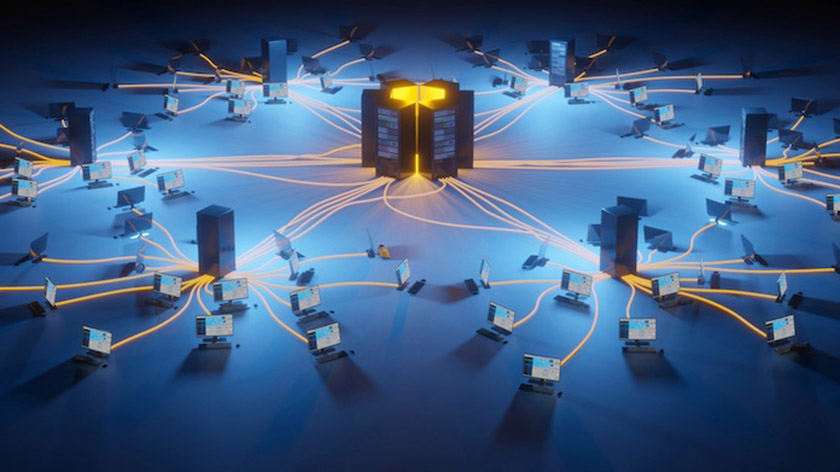Wired vs. Wireless Power Monitors [VIDEO]
Power monitoring is essential for efficient, cost-effective facility management. The stakes are even higher in critical facilities where power or...
2 min read
![]() Paul Bieganski
:
Sep 23, 2015 2:49:16 PM
Paul Bieganski
:
Sep 23, 2015 2:49:16 PM
Wireless monitoring networks for data centers have specific requirements that are not always obvious and can be painful if ignored. Packet Power has spent years building and running large scale wireless monitoring systems for data centers and found the following features to be essential.
SECURE
Most people assume security means ENCRYPTION. That is a given and all protocols today provide that. Encryption, however, does not guarantee that the network cannot be breached by a careless insider or a malicious outsider. The real risk to consider is DATA EXPOSURE, mainly what happens if somebody were to break through the encryption.
OUT-OF-BAND
The monitoring network (wired or wireless) should be independent from all networks that carry your (or your customers’) business traffic. It should be impossible to access any of your business data from any monitoring network, no matter how severely its security protocols may have been breached. One way to achieve this is through a monitoring network that uses a physically distinct transport protocol (e.g. different physical radio systems, frequencies, packet formats etc.) that make it impossible for devices designed for one network to communicate with the other. This is a strong reason to avoid any protocol shared with other business systems, such as Wi-Fi.
INVISIBLE
You don’t want a monitoring network that is easily detectable and can be probed for vulnerabilities using tools available to anyone with access to Google and a cell phone. Keep in mind that a network may technically be “secure”, but still be subject to disruption or denial-of-service (DOS) attacks using fairly simple probing or scanning techniques. This is why consumer protocols (Wi-Fi, ZigBee, Bluetooth) should be avoided.
SCALABLE AND ROBUST
Monitoring data center power and environmental infrastructure for many of our customers means thousands of monitoring network nodes. The networking protocol must function equally well for the first ten devices as it does for the next one thousand. All of this needs to work in a relatively tight and radio-hostile hall full of metal and sources of interference. Most protocols have not been optimized for this environment.
SIMPLE TO MANAGE
Managing thousands of devices effectively requires acting on them in parallel. Any protocol that requires device-by-device attention to configure or upgrade will not work. Spending even 1 minute per device on a thousand devices equals 17 hours, spending 5 minutes per device would require 5 days of full-time effort!
BUILT FOR MONITORING APPLICATIONS
A monitoring network protocol must support many types of monitoring devices, including mains powered devices, battery powered devices, parasitically powered devices and devices locked in radio-impenetrable metal boxes with other devices having to act as relays. This creates network traffic and topology patterns not encountered or even considered by the designs of most generic protocols.
The bad news is this list has been heavily edited to keep it short.
The good news is all of the requirements discussed above (and many more) have been incorporated from the ground up into the wireless protocol used by all Packet Power monitoring devices in production worldwide since 2008.
Want to learn more? Check out a 4-minute video about our "wireless that works" technology.
![Wired vs. Wireless Power Monitors [VIDEO]](https://www.packetpower.com/hubfs/Blog/Protocol%20comparison.jpg)
Power monitoring is essential for efficient, cost-effective facility management. The stakes are even higher in critical facilities where power or...

You’ve invested in smart monitoring devices – power strips, meters, ATS’s, temperature sensors, gas flow meters, and leak detectors. They’re in the...
![[VIDEO] Convert basic PDUs into Smart PDUs in minutes](https://www.packetpower.com/hubfs/Blog/smart_cable_plug_and_play.jpg)
Do you have basic power strips that you wish were metered? Would you be interested in a way of upgrading your existing power strips that doesn’t...